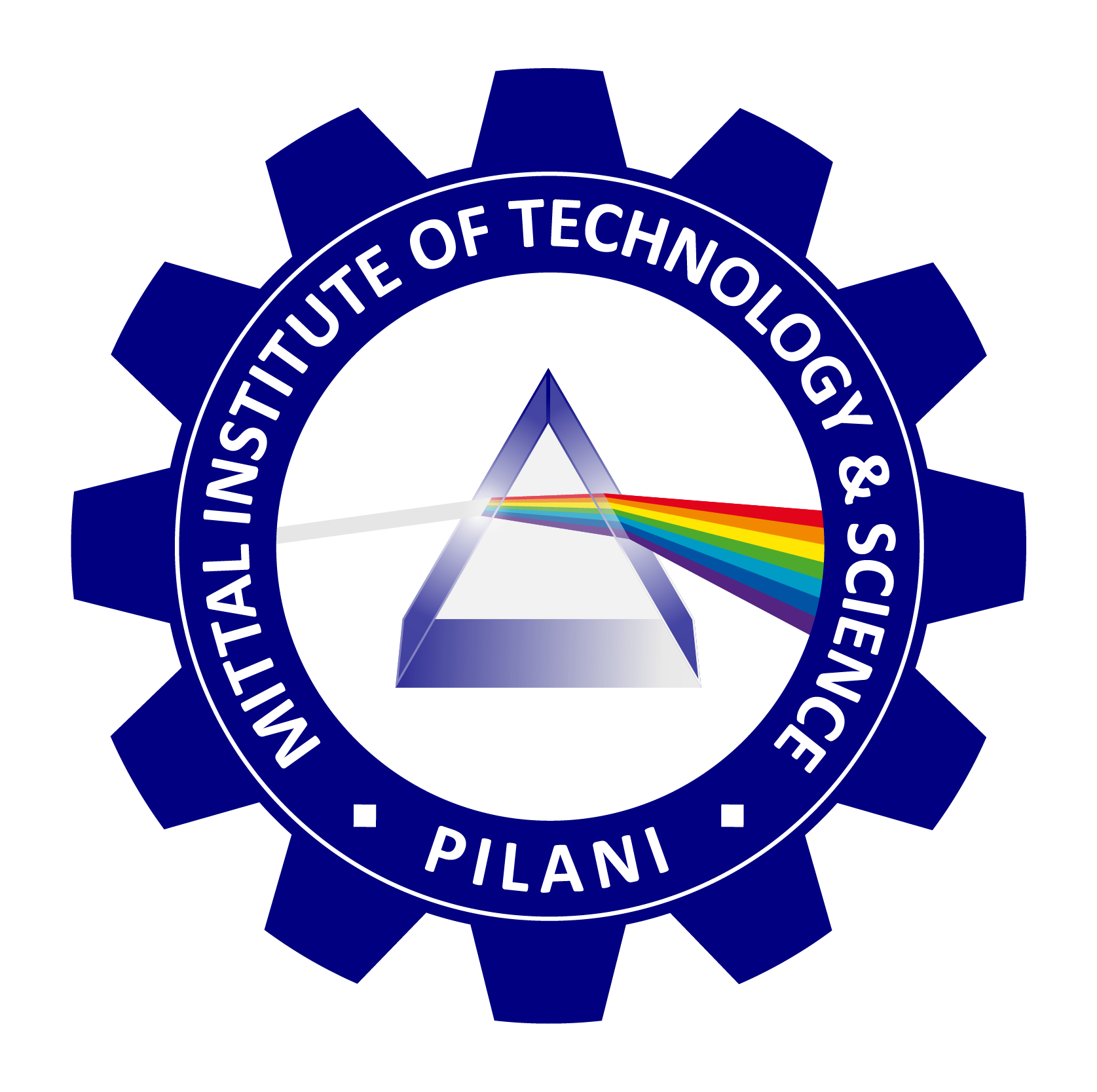
MITTAL INSTITUTE OF TECHNOLOGY & SCIENCE, PILANI
Blockchain Technology: Revolutionizing Digital Transactions
Introduction
Blockchain technology has emerged as a groundbreaking innovation that is transforming various industries, particularly in the fields of finance, supply chain management, healthcare, and cybersecurity. Initially conceptualized as the foundation for Bitcoin, blockchain has evolved into a decentralized and secure method for conducting transactions and storing data. Its ability to provide transparency, immutability, and security has made it an integral part of modern digital ecosystems.
Understanding Blockchain Technology
At its core, blockchain is a distributed ledger technology (DLT) that records transactions across multiple computers in a way that ensures data integrity and security. The blockchain consists of a series of blocks, each containing a list of transactions. These blocks are linked using cryptographic hashes, making it nearly impossible to alter past records without invalidating the entire chain.
Each transaction on a blockchain is verified through a consensus mechanism, which can vary depending on the network. Common consensus algorithms include:
- Proof of Work (PoW): Used by Bitcoin, this mechanism requires computational power to solve complex mathematical puzzles before a block is added to the chain.
- Proof of Stake (PoS): Instead of computational work, validators are chosen based on the number of coins they hold and are willing to stake as collateral.
- Delegated Proof of Stake (DPoS): A variation of PoS where stakeholders vote for delegates to validate transactions on their behalf.
Key Features of Blockchain
- Decentralization:
Unlike traditional centralized systems, blockchain eliminates the need for intermediaries, allowing direct peer-to-peer transactions.
- Security and Immutability:
Blockchain uses cryptographic techniques to ensure data integrity. Once recorded, transactions cannot be modified, preventing fraud and unauthorized alterations.
- Transparency:
Since blockchain ledgers are publicly accessible in most cases (e.g., Bitcoin and Ethereum), users can verify transactions, ensuring trust and accountability.
- Smart Contracts:
Blockchain supports self-executing contracts that automatically enforce agreements based on predefined conditions. These are widely used in decentralized finance (DeFi) and supply chain automation.
Applications of Blockchain Technology
- Cryptocurrencies and Finance:
Blockchain is the backbone of cryptocurrencies like Bitcoin, Ethereum, and Ripple. It also facilitates cross-border payments, reducing transaction costs and processing times.
- Supply Chain Management:
Companies use blockchain to track goods in real-time, ensuring authenticity, reducing fraud, and improving efficiency in logistics.
- Healthcare:
Blockchain enables secure and tamper-proof medical records, enhancing patient data privacy and interoperability among healthcare providers.
- Voting Systems:
Blockchain can be leveraged to create transparent and fraud-proof electronic voting systems, increasing trust in democratic processes.
- Cybersecurity:
By decentralizing data storage and employing cryptographic security, blockchain reduces the risk of cyberattacks and data breaches.
Challenges and Future of Blockchain
Despite its advantages, blockchain faces several challenges:
- Scalability: Current blockchain networks struggle with transaction speed and processing power requirements.
- Energy Consumption: PoW-based blockchains require massive computational power, raising environmental concerns.
- Regulatory Uncertainty: Governments worldwide are still developing frameworks to regulate blockchain and cryptocurrencies.
Looking ahead, advancements such as quantum-resistant cryptography, improved consensus algorithms, and hybrid blockchain models are expected to address these challenges. As technology evolves, blockchain has the potential to reshape industries, fostering a more secure, efficient, and decentralized digital world.
Blockchain technology represents a paradigm shift in digital transactions and data management. Its decentralized nature, security features, and transparency make it an invaluable tool across various sectors. While challenges remain, continuous innovation and regulatory advancements will further unlock blockchain’s transformative potential, shaping the future of global digital ecosystems.

Professor Rakesh Mittal
Computer Science
Director
Mittal Institute of Technology & Science, Pilani, India and Clearwater, Florida, USA
